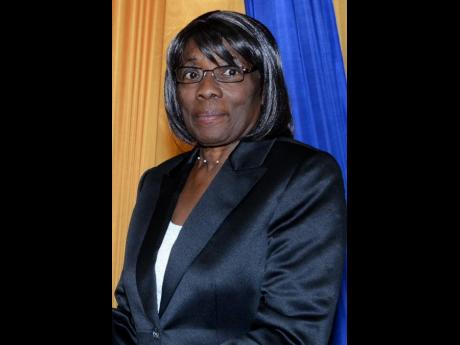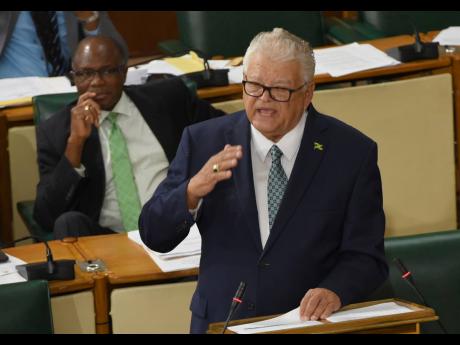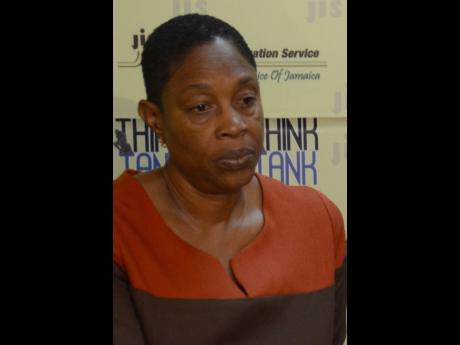Special education policy still lingers … Stakeholders urging Government to fast-track it for the new school year
The government’s failure to produce the long- promised special education policy is a major concern for special-needs educator, Dr Polly Bowes-Howell, who hopes it will be approved in time for the start of the new school year.
The special education policy is expected to help create a framework to meet the requirements of special-needs students as well as seek to protect the rights of children with disabilities against discrimination in the school system.
It is also intended to promote awareness of students’ right to quality education, and will speak to how children will be placed, how they will gain access to schools, and provisions that should be available for them, including qualified staff and the required student-teacher ratio.
“The Ministry of Education has drafted a policy and we have been waiting for that to reach the point where we can say yes, it is ready,” said Dr Bowes-Howell, who is the acting director of the Voluntary Organisation for the Upliftment of Children (VOUCH) and a former chairperson for the Special Needs Commission of the Jamaica Teachers’ Association.
“We are waiting for it to be debated, so that we know what is happening. The policy has been out in the cold for too long. We want to remove it from draft and have it ready. We were promised that it would be ready for September so we are still hoping.”
Embattled former education minister Ruel Reid had first announced the roll-out of such a policy in July 2017, and last year October he said that it was before Cabinet for approval.
Reid was asked to resign in March this year, amid swirling allegations of corruption at the Ministry of Education and several entities falling under its remit.
EVEN MORE CRITICAL NOW
“Part of the transformation speaks to every child can learn and every child must learn. Until that policy is in place, some children are going to be left behind,” Dr Bowes-Howell pointed out.
She said the special education policy is even more critical now following the dismal performance of some students in the Primary Exit Profile (PEP). The results for the first cohort of grade six students who sat the exam showed that less than 10 per cent demonstrated limited or no evidence of the required competencies and skills for readiness in grade seven.
Of the 40,426 students who sat all papers of PEP, only 13,695, or 34 per cent, were proficient and/or highly proficient in all subjects.
Minister without Portfolio with responsibility for Education, Youth and Information, Karl Samuda, had promised that students who did not perform up to par in PEP would benefit from interventions in grade seven.
“We are looking at the type of support and the quality of support, because it can’t be just a teacher. It needs to be an experienced trained/specialist educator to take up that slot,” said Dr Bowes-Howell.
Being the chairman of the Joint Board of Teachers Education, she finds that special education teachers are increasingly being recruited from Jamaica.
“For the number of graduates that we have seen leaving the system in the last three years, many of them have migrated to greener pastures. They have student loans to pay, they have mortgages to pay. They can’t be sitting down and waiting,” she said, while noting that these teachers need to be given better incentives.
President of the Jamaican Association on Intellectual Disabilities, Sonia Jackson, is also eager to see the special education policy finalised.
“We would like to see it published. I can’t tell you what the problems are, but you know with these things, Government takes time to review and make sure it is correct before they send it out,” she said, noting that they are now working with international standards until a localised system is put in place.



